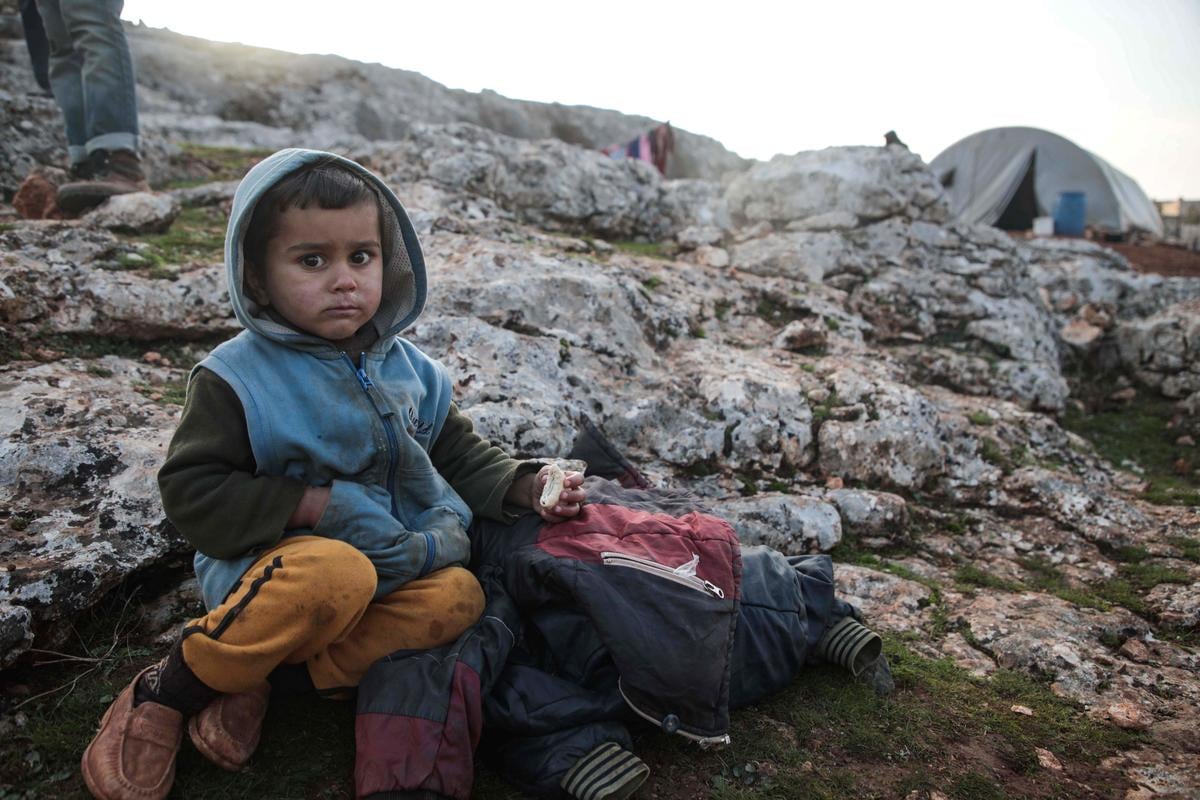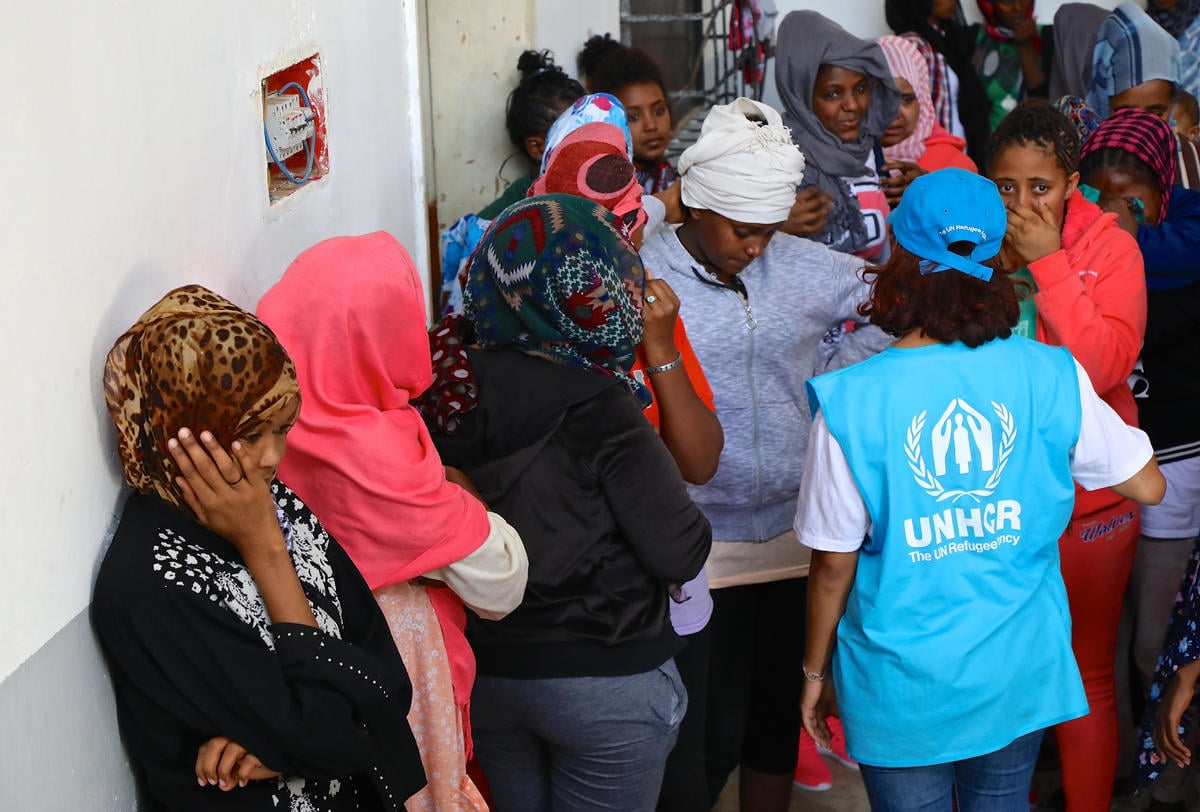UNHCR uses video to tackle xenophobia in Costa Rica
UNHCR uses video to tackle xenophobia in Costa Rica

SAN JOSÉ, Costa Rica, April 14 (UNHCR) - The UN refugee agency is taking part in a biennial video festival as part of its effort to tackle xenophobia and the widespread negative perceptions in Costa Rica about refugees, especially among young people.
Jozef Merkx, UNHCR's representative in Costa Rica, said the agency decided to try this new approach after the results of a recent survey showed that 57 per cent of those who knew what a refugee was had an unfavourable opinion of them. The study, which was commissioned by UNHCR, also revealed that refugees were most likely to be seen in a bad light by those aged between 18 and 35.
"It was at that time that we decided to target young people in our efforts to combat xenophobia. We knew that this population could be more open-minded [than older people] and act as a multiplying agent [for getting our messages of tolerance across] and contribute to change," Merkx explained.
UNHCR sponsored an initiative called "The Pressure Cooker," under which seven young film makers were brought together for a week and asked to produce a short documentary on refugee issues to be shown at "La 240," a week-long audio-visual festival for young people from around Central America.
The festival opened on Sunday with the screening of their work, "Main Cover" ("Primera Plana"), a powerful seven-minute documentary about a persecuted journalist forced to flee his home and seek shelter overseas. Sergio Pucci, one of the seven people behind the short feature, said he had learned much more about refugee issues while doing research for the documentary. "I knew that refugees were people fleeing home, but I would confuse the term with other concepts. That must happen to many young people," he said.
"Main Cover" received a good reception from the audience, which included some refugees such as 18-year-old Camilo Saldarriaga from Colombia. Most of the more than 12,000 refugees living in Costa Rica originate from Colombia, where years of conflict have left hundreds of thousands of people displaced.
"I think it's a great idea to create awareness among 'La 240' spectators because many of them are audio-visual producers who will join the media," Saldarriaga commented. "Main Cover" will be shown throughout the festival and at other events in the future.
Sergio Pacheco, a co-organizer of the festival, noted that nobody chooses to be a refugee. "As a society and as human beings, we need to understand that experience [of being a refugee] in order to support the people that go through it. I think that is the greatest contribution from 'The Pressure Cooker,'" he noted.
UNHCR is organizing a wide rage of awareness activities in the coming months to counter xenophobia in Costa Rica.
By Andrea Vásquez in San José, Costa Rica









